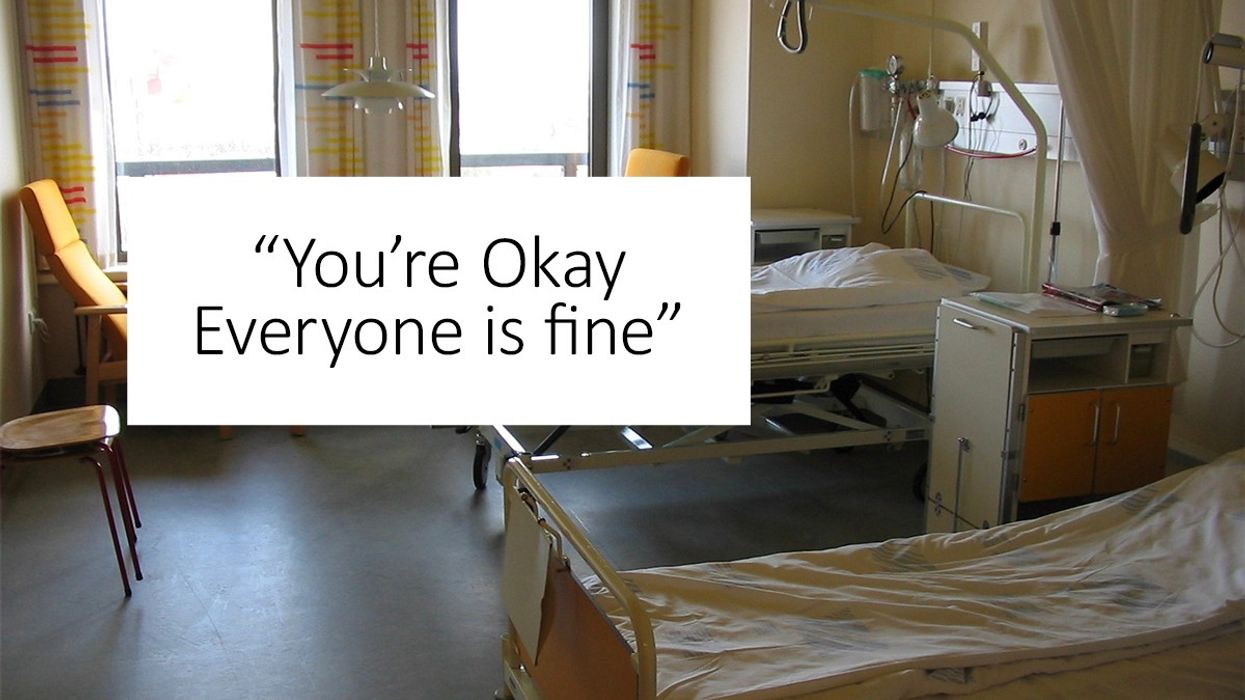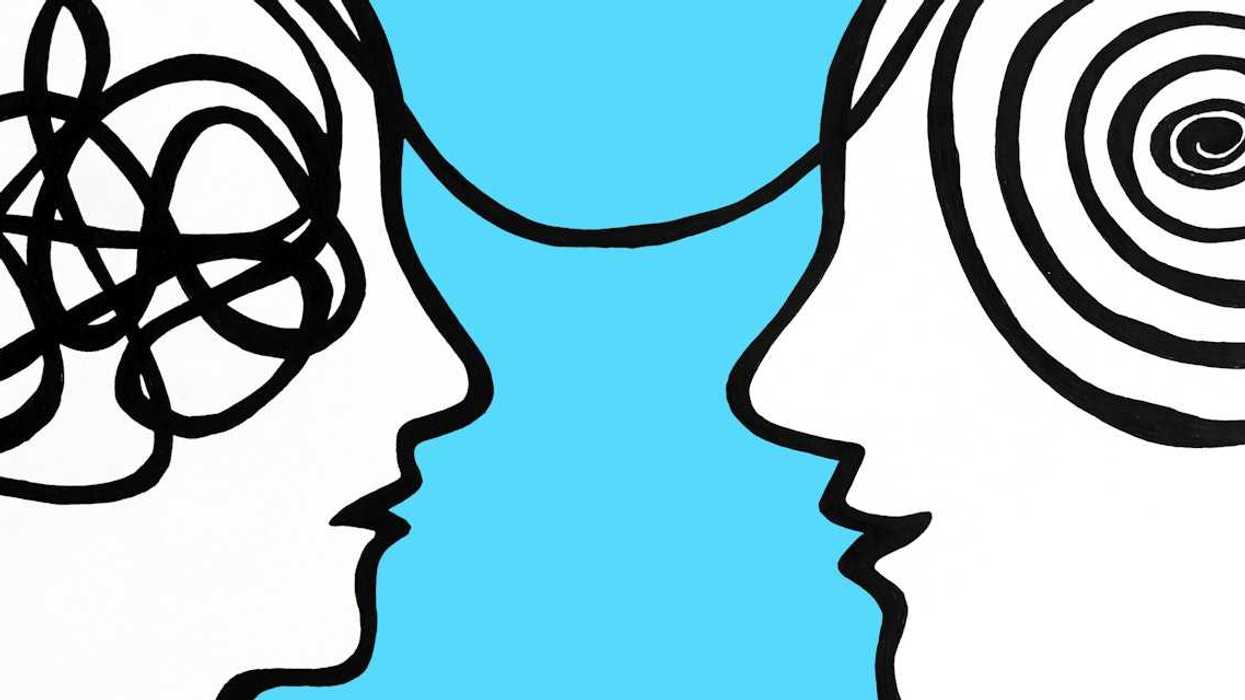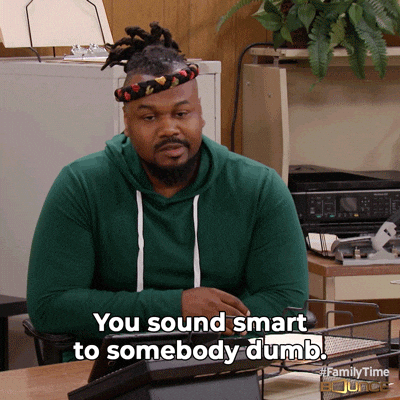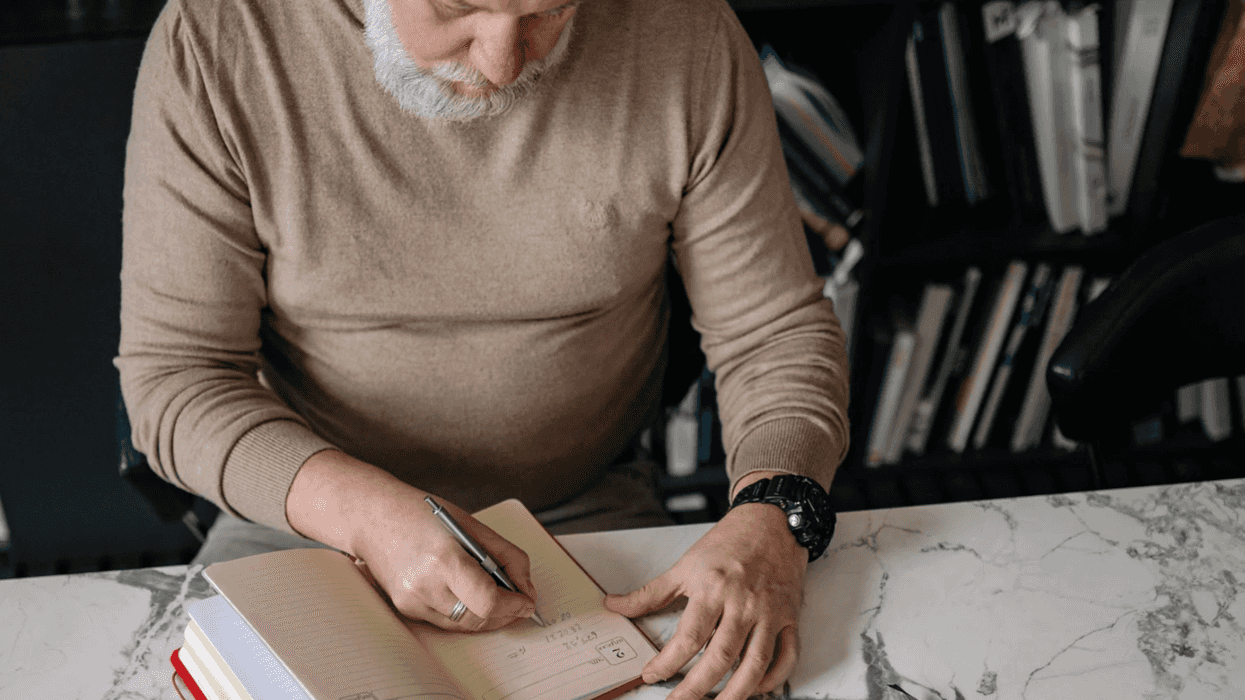Anyone who's cared for a loved one with dementia knows just how heartbreaking the experience can be. The disease chips away at memory, reasoning, and communication, often leaving families scrambling to find ways to offer comfort and stability. But one daughter’s creative and compassionate approach has gone viral, and for good reason.
Dr. Philip Grimmer, a physician from Wiltshire, UK, was visiting a dementia patient when he noticed a whiteboard in the woman’s living room. On it, her daughter had written a short list of reassurances, reminders meant to soothe her mother’s recurring fears. Moved by the simplicity and tenderness of the gesture, Dr. Grimmer shared a photo of the board on X (formerly Twitter).
Words of reassurance left for an elderly lady with dementia by her daughter. A simple white board left in her sight line in her sitting room. Helped to reduce constant anxious phone calls. pic.twitter.com/K2ueZXuZWZ
— Philip Grimmer (@GrimmPhil) January 26, 2019
"Words of reassurance left for an elderly lady with dementia by her daughter."
— @DrGrimmer
The board reads:
- Your meals are paid for
- You're okay
- Everyone's fine
- You are not moving
- No-one else is moving
- Keep drinking, it will help your memory
- You don't owe anyone any money
- You haven't upset anyone
The post quickly resonated. Dr. Grimmer’s tweet has received over 40,000 likes and 7,000 retweets. He told the BBC he initially shared it with colleagues, saying, “I’d not seen anything like it before in thousands of house visits. It’s caring, reassuring and sensible, it’s just such a simple idea.”
"It's caring, reassuring and sensible, it's just such a simple idea."
— @DrGrimmer
Others chimed in with their own dementia care insights
The post sparked a wave of responses from people who’ve worked with or cared for those with dementia. The image eventually landed on Reddit, where it received over 112,000 upvotes. Redditors began sharing their own versions of comfort tools, or ideas they wished they’d had sooner.
User **Kryptosis** suggested a useful addition:
"You can use the bathroom whenever you like."
— @Kryptosis
They explained that a relative once thought they needed permission to use the bathroom, leading to unnecessary distress.
Others shared emotional stories from care settings. Hailley, a nurse from Canada, spoke about a resident who often cried, worried he’d forgotten to pay for meals or abandoned his children.
"It was sometimes tough to reassure him," she said. "We had to call his children to talk to him a few times. It was hard to see him so upset."
Here's the one we did for my mum. pic.twitter.com/Nf9oGOpyCr
— Nick Brooks (@nicknoxx) January 26, 2019
She elaborated in an interview with the BBC, adding:
"I have seen people talk down to those with dementia, which is just not right. They are still adults who know when they are being treated differently."
"People just do not know how to interact with them. It takes patience and you may not be able to have a conversation with them in the same way you would with someone without dementia."
For Hailley, the whiteboard hit home: “The whiteboard addresses what gets asked the most [by those] in long-term care.”
More than words, a path to peace of mind
It’s a striking reminder of how the most meaningful forms of caregiving don’t always come from high-tech solutions or advanced training, sometimes, it’s a marker and a board, gently answering the same questions again and again with love.
As this simple act continues to spread across platforms, it’s a clear call for more empathy, more understanding, and more small gestures that add up to dignity and peace for those navigating life with dementia.
This article originally appeared last year.


















 A student on their phone in classCanva
A student on their phone in classCanva Gif of someone saying "YOu sound smart to somebody dumb" via
Gif of someone saying "YOu sound smart to somebody dumb" via 
 Gif from 'The Good Place' of Eleanor giving a nervous thumbs up via
Gif from 'The Good Place' of Eleanor giving a nervous thumbs up via 
 A woman sips a cup of coffeeCanva
A woman sips a cup of coffeeCanva
 A coupe on a romantic dateCanva
A coupe on a romantic dateCanva
 A woman swims in the oceanCanva
A woman swims in the oceanCanva A happy-looking dolphin popping out of the waterCanva
A happy-looking dolphin popping out of the waterCanva
 A labratory mouse checks out a microscopeCanva
A labratory mouse checks out a microscopeCanva

 A young person doing their monthly budgetCanva
A young person doing their monthly budgetCanva